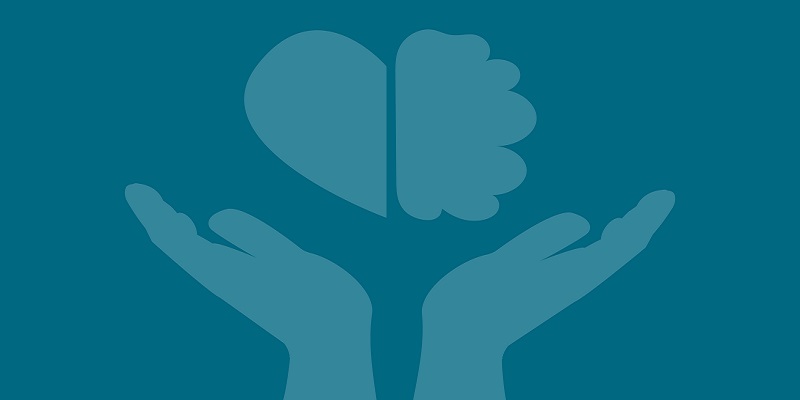News
Mental health parity: 'It feels like a losing battle'
Nursing staff raise alarm over mental health care inequality, saying it’s got worse since the pandemic and governments have failed to address the issue.

Connect with us:
Only one in 10 nursing staff think governments are achieving equality between mental and physical health care as a new RCN survey reveals 95% of respondents believe mental health care inequality exists. More than half say it’s got worse or much worse since the pandemic.
The survey of more than 4,000 nursing staff has been published to mark World Mental Health Day, to highlight the problem and call on governments across the UK to act.
In 2013, the NHS Constitution in England changed to ensure physical and mental health care would be treated equally after legislation on the issue. However, a decade later nursing staff have told the RCN that mental health remains “the poor relation in the NHS”.
Nursing staff report that patients are being forced to wait for months and travel miles for mental health treatment or are having to pay privately to get the care they need.
Our survey reveals that NHS services are still not treating people holistically by joining up physical and mental health care. A failure to invest in mental health care means patients with mental health issues have their lives shortened by 15-20 years, and the gap is growing.
One member told the RCN: “I think services do the best that they can to help support patients, but it quickly feels like a losing battle.”
The RCN is calling on all governments across the UK to support mental health care by increasing funding, improving access to services, and ensuring there are safe levels of staffing.
RCN Chief Nurse, Professor Nicola Ranger, said: “Despite many years of promises and commitments for equal treatment of physical and mental health care, nursing staff are seeing things heading in the wrong direction.
"Governments across the UK are failing to provide the funding and resources that mental health care services need, with serious care consequences for patients and service users.
“People are waiting far too long, traveling huge distances, or even feeling forced to pay privately to get treatment.
“This World Mental Health Day, we’re reminding governments why parity matters and to provide the funding, resources, and joined-up care between mental and physical health care that people desperately need.”
The number of vacant mental health nursing posts is disproportionately high.
While mental health nursing staff only make up 13% of the nursing workforce, mental health nursing vacancies constitute almost one-third of all nursing vacancies in the NHS in England.
Leaving mental health services underfunded and under-resourced has a severe impact on patient care.











